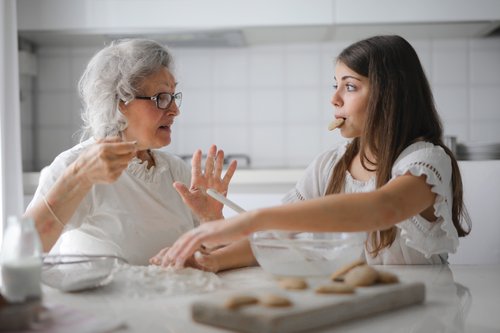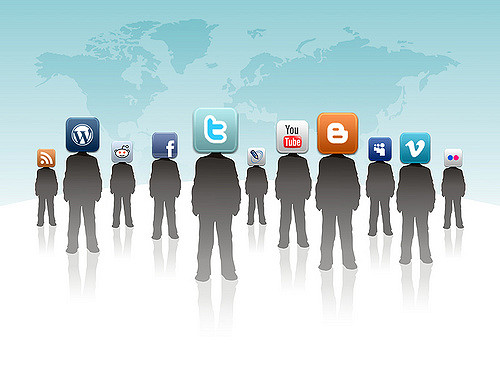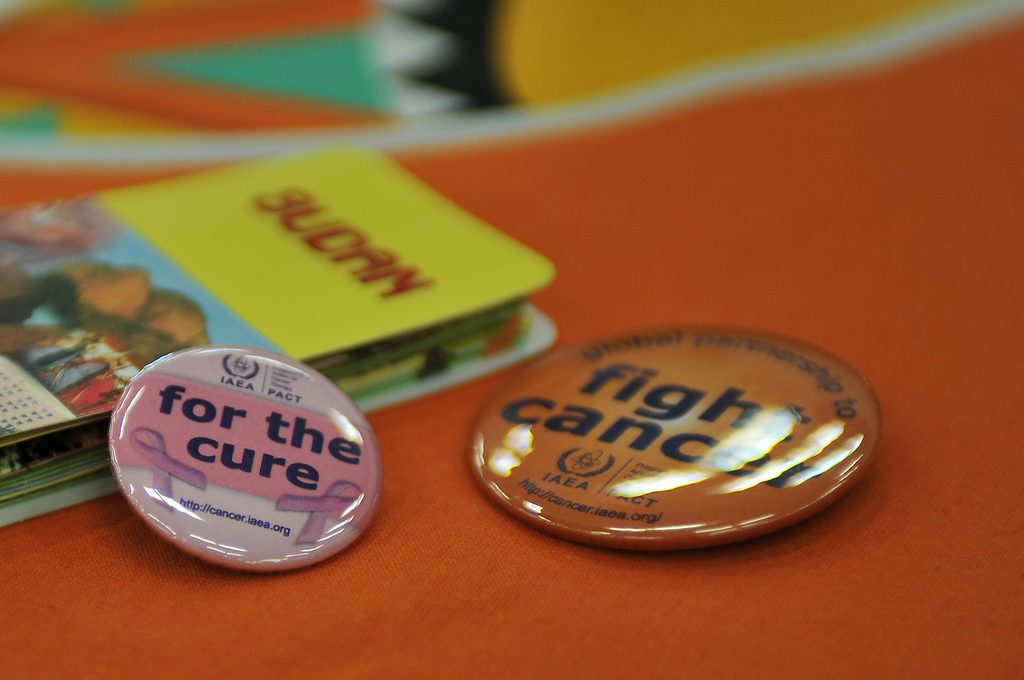Do you wonder why stressed people – specifically those in advanced teacher training intensive programs – turn to therapy?

Most mental health professionals agree that overcoming life’s challenges through mindfulness-based cognitive therapy (MBCT) and training can help reduce depressive symptoms, chronic unhappiness, and negative thoughts like worrying about, “I will never be size zero,” which causes anxiety and other mental health issues.
How does it work? Does mindfulness-based cognitive therapy work for everyone?
With the mind trying to keep up, people are left vulnerable to anxiety, chronic stress, mood disorders, and depression that result from the struggles of everyday life. Recognizing patterns within our behavior, however, allows us to escape this cycle and this can be achieved through mindfulness-based stress therapy. As mentioned, the treatment is as effective as the other types 0f neuroplasticity mindfulness practices.
Let’s know the importance of the mindfulness-based cognitive therapy (MBCT) process which has been proven to help manage bipolar disorder, negative thought patterns, depressive symptoms, and other mental health disorders. What is this treatment really about? And why is it part of cognitive behavior therapy?
Let’s start with mindfulness practices, then relate them to mindful-based cognitive therapy.
Mindfulness-based cognitive therapy is beneficial for you. Mindfulness is a powerful concept that lets us live in the present. The aspects of this counseling allow you to adapt and deal with the fast-paced world we live in.
How To Use Mindfulness-Based Cognitive Therapy To Improve Mental Health
Mindfulness-based cognitive therapy is one of the proven automatic cognitive processes to help people process and work on their negative thinking patterns, active depression, and other problems. It incorporates conscious principles to supplement an MBCT program. This program focuses on simultaneously learning to control and accept thoughts and emotions. Allowing letting go of negative emotions, it imparts a positive impact on interacting cognitive subsystems.
If you’re wondering whether you need therapy, a systematic review of the literature suggests that psychotherapy can be beneficial in improving relationships and overall mental health. Specifically, it can help individuals develop greater psychological flexibility, which can lead to increased resilience and better coping strategies. The sessions provide a safe and supportive environment to work through personal challenges, and can be tailored to meet individual needs and goals.
You may have more questions about what mindful-based cognitive therapy is. Here are some frequently asked questions about it.
What are the mindfulness therapy techniques that give significant improvements?
This approach uses mindfulness as a therapeutic tool. It utilizes various techniques such as MBCT, stress reduction, mindfulness meditation, acceptance and commitment therapy (ACT), and dialectical behavior therapy (DBT).
Mindfulness-Based Cognitive Therapy (MBCT) is a type of therapy that has been shown to be effective in reducing recurrent major depressive disorder (MDD). This therapy involves a mental health professional guiding individuals through a mindful meditation practice, which can help them become more aware of their thoughts and emotions. Minfulness-based cognitive therapy has been extensively studied, with many clinical psychology reviews showing its effectiveness in treating major depressive disorder.
It refers to a modified type of cognitive-based therapy. It incorporates mindfulness, like breathing exercises and meditation, to combat mental health problems like depressive relapse, and recurrent depression in a mindful way.
What Religion Is This Type Of Treatment Based On?
Mindfulness studies and dissemination show that mindfulness ideas originally developed from the concept of sati, one of the most important Buddhist tradition elements. It also came from Vipassana, Zen, and Tibetan meditation techniques.
Mindfulness-Based Cognitive Therapy (MBCT) is a therapeutic approach that emphasizes present-moment awareness and has been found to be effective in reducing symptoms in individuals with various mental health conditions. Psychosomatic research on MBCT has shown that it can be particularly useful in relapse prevention for individuals with recurrent depression, anxiety, and other mental health concerns. It can also help improve symptoms in patients.

What are some mindfulness exercises?
You can do mindfulness exercises in your everyday routine. It may also be through a body scan meditation where you have to focus all your attention on your body (physical sensations) and deliberately touch each part as a relaxation practice.
Does mindfulness-based cognitive therapy help with anxiety?
Further studies have proven that this type of therapy exercises help combat anxiety, negative thoughts, and depression. This is helpful for people who tend to act impulsively and let emotions drive their decision. With these approaches, awareness causes a significant decrease in the chances of experiencing anxiety and downward mood spirals.
Is Mindfulness or mindfulness-based principle a psychological theory?
Mindfulness-based cognitive therapy is anchored on positive psychology theory. It emphasizes the importance of experiential and meditative practices as the primary drivers for transformation and personal growth and development. This may also describe cognitive therapy that uses mindful mood balance and other mindfulness techniques.
Does mindfulness-based cognitive therapy actually work?
Mindfulness cognitive therapy sessions work in terms of helping people relax, reducing reliance on maintenance antidepressant medication, and managing chronic stress. However, there’s no specific evidence on what it scientifically does to the brain and how it influences overall health.
Is mindfulness-based cognitive therapy the same as meditation?
Meditation and mindfulness-based cognitive treatment play in the same sphere, but there are still things that do not overlap between these two. For instance, most people who regularly do yoga poses also perform mindful stretching and sitting meditations.

Final Thoughts
Supplementing your cognitive therapy sessions with mindfulness-based cognitive techniques has great health benefits and an MBCT therapist agrees. Remember that the practical aspects and effectiveness of mindfulness-based interventions such as mindfulness meditation is a journey and process.
The main goal of an MBCT program is to change and develop patterns in your behavior eventually. How you approach things affects your thinking. Allowing a different perspective is helpful for stressful situations to come. Remember, you can use it when needed to keep grounded in the present moment.
As you venture and get acquainted with using mindfulness-based cognitive techniques, expect an increased awareness of yourself, even in self-compassion. It aids in achieving this and ultimately prevents recurrent depression so you could start a new life and a new relationship.
More Considerations Regarding This New Form Approach
Though benefits are evident and proven, mindfulness itself is just a tool. Allowing yourself to process negative thoughts and behaviors is important to live a fulfilling life. Start with consulting with therapists or mental health professionals to see how to facilitate mindful stretching.
I hope through this, you have understood more about the concepts of cognitive therapy and how it is different from other types of therapy. The treatment is something that adults, teens, and children alike should try. Practice mindfulness today.
FAQs
What is the idea of mindfulness-centered techniques?
What are some examples of this type of technique?
Is being mindful something cognitive?
What is the difference between mindfulness and CBT?
What are some CBT strategies?
What happens in mindfulness therapy?
What is CBT and how does it work?
What are mindfulness exercises?
What type of therapy is mindfulness?
Who came up with mindfulness therapy?
What type of therapy uses mindfulness?
How long is mindfulness therapy?
Why is MBCT good for depression?
Is MBCT more effective than CBT?
Why is CBT better than mindfulness?





















